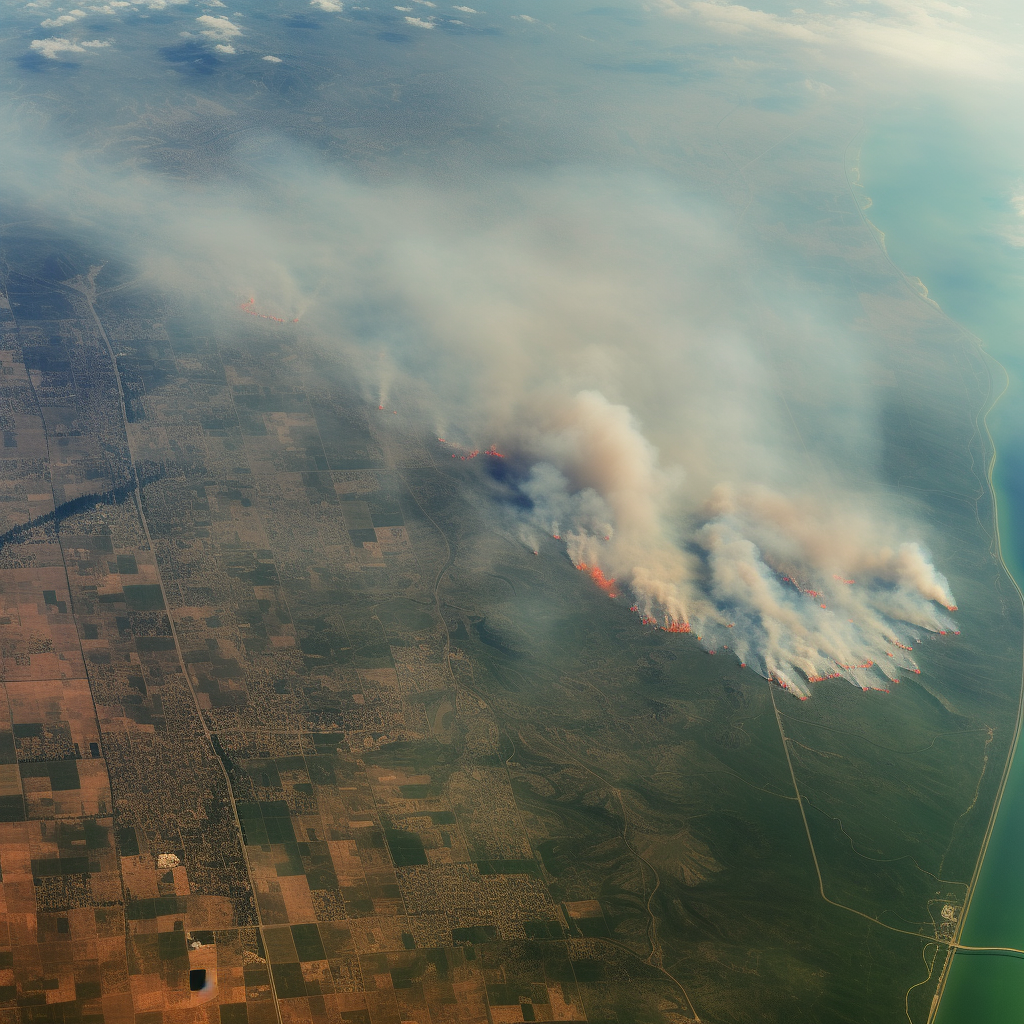May 11, 2023
Climate Change Leads to Devastating Wildfires in Alberta
Book a Demo
The province of Alberta, Canada, is currently facing devastating wildfires that have resulted in the destruction of buildings and the evacuation of over 10,000 people. These wildfires, exacerbated by climate change, are being battled by more than 700 firefighters and international aid in an effort to contain the rapidly spreading fires. Strong winds and high temperatures have made controlling the wildfires extremely difficult, with smoke from the fires reaching as far as the United States, affecting air quality in cities like Seattle and Portland.
While scientists attribute the increased fire risk to higher temperatures and drier conditions caused by climate change, the provincial government and media in Alberta have avoided acknowledging the connection between climate change and wildfires. This denial may be driven by Alberta’s reliance on fossil fuels, which contribute to climate change. Tackling climate change and cutting emissions could help prevent future wildfires and protect Alberta’s communities from similar devastation.
In the meantime, the Canadian Red Cross and community organizations are stepping in to provide support to evacuees through emergency shelters, food, and clothing. Yet, the long-term solution to preventing wildfires and protecting Alberta’s residents lies in addressing the root cause: climate change. By acknowledging the connection between climate change and wildfires, the province can begin to implement measures to reduce emissions and invest in sustainable energy sources, ultimately safeguarding its communities from future catastrophes.



